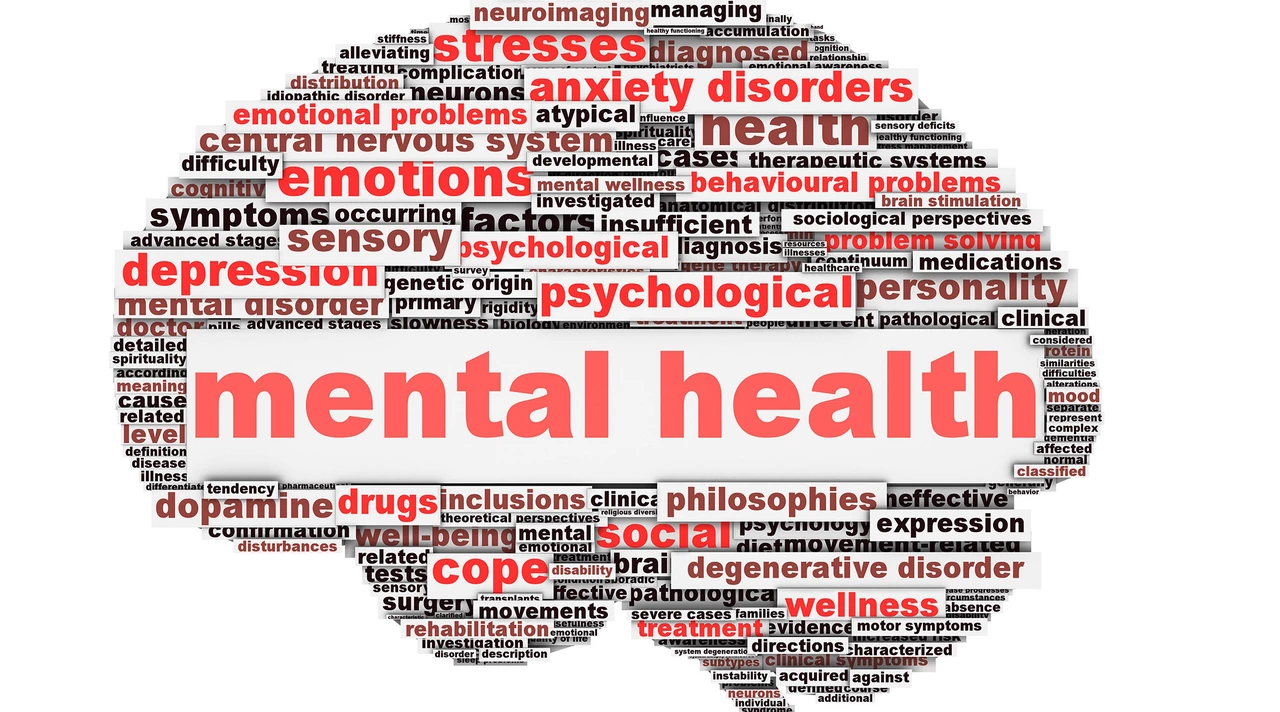Understanding Psychological Effects: What You Need to Know
Psychological effects cover a wide range of changes in your mood, emotions, and mental state. These changes can come from medications, health conditions, or lifestyle factors. It’s not always easy to recognize how these effects influence daily life but knowing what to watch for helps you stay balanced and take control.
For instance, medications like those used for thyroid disorders or blood thinners may unexpectedly affect how you feel emotionally. You might face mood swings, irritability, or even anxiety, making it tough to pinpoint the cause. That’s why being aware of these side effects means you can talk to your doctor early and adjust your treatment to protect your mental health.
Common Causes Behind Psychological Effects
Many drugs bring along psychological effects. Take some blood thinners such as Warfarin or Rivaroxaban: besides their physical impact, they may indirectly cause stress due to the need for strict monitoring and dosage adherence. Others, like antidepressants or medications for allergic reactions, might cause mood shifts or confusion until your body adjusts.
Health conditions themselves also play a role. Hyperthyroidism, for example, speeds up your metabolism, but it can also crank up your emotions—leading to anxiety or irritability. Knowing this can help you understand why your feelings feel so out of control sometimes and when to seek help.
Managing Psychological Effects in Everyday Life
So, what can you do if you notice these changes? Start by keeping a mood and medication journal. Write down when effects happen and what triggers them if you can spot any. This helps your healthcare provider tailor your treatment better.
Don’t hesitate to ask about alternatives if certain medications affect you too much mentally. Sometimes small dosage tweaks or switching drugs can make a big difference. Also, adopting stress-reduction habits like regular exercise, good sleep, and mindfulness can help balance your emotional ups and downs.
Remember, psychological effects are common but manageable. Open communication with your doctor and knowing what to expect will keep you in charge of both your body and mind.

The Impact of Erosive Esophagitis on Mental Health
Erosive esophagitis is a condition that has been weighing on my mind lately, as it not only affects a person's physical health but also has significant impacts on mental health. The constant pain and discomfort caused by this inflammation can lead to increased stress and anxiety, which in turn, exacerbates the condition. Moreover, the disruption to daily activities and the need to follow strict dietary restrictions can result in feelings of isolation and depression. It's crucial that we acknowledge the connection between erosive esophagitis and mental health, and seek appropriate treatment and support for both aspects. By addressing these concerns holistically, we can improve the overall well-being of those affected by this condition.